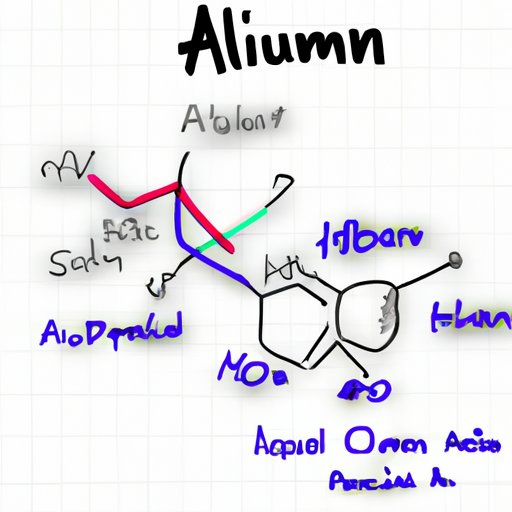Understanding How Albumin Works: Unraveling the Secrets of this Versatile Protein
When it comes to the human body, numerous components work together to ensure optimal functioning. One such essential component is albumin. While many might not be familiar with its name, albumin plays a crucial role in various bodily processes, performing functions beyond what meets the eye. In this article, we will delve into the world of albumin, exploring how it works and its significant contributions to human health.
A Deep Dive into Albumin’s Function and Mechanism
Albumin, classified as a protein, is the most abundant protein in the blood plasma. It is produced by the liver and serves as a carrier protein, playing a vital role in maintaining blood volume and transporting substances throughout the body. The transport function of albumin is made possible through its unique structure and properties.
Albumin molecules have multiple binding sites that can attach to various substances such as hormones, fatty acids, and drugs. This allows albumin to transport these substances through the bloodstream, ensuring they reach their intended destinations. Furthermore, albumin aids in maintaining the osmotic pressure of blood, preventing excessive fluid leakage into tissues.
Unraveling the Secrets of Albumin’s Unique Abilities
While albumin’s transport function is well-known, it also possesses lesser-known abilities that contribute to its essential role in the body. One such ability is its protective nature. Albumin acts as a scavenger, binding to substances like toxins, metals, and free radicals, preventing them from causing harm to the body.
Additionally, albumin plays a significant role in maintaining the body’s pH balance. It acts as a buffer, helping to regulate the acid-base balance in blood and other bodily fluids. This ability ensures a stable pH environment, vital for proper cellular functioning. Furthermore, albumin prevents the accumulation of excess fluid in tissues, preventing edema, a condition characterized by fluid retention and swelling.
Exploring the Intricate Workings of Albumin in the Human Body
The functions of albumin extend beyond transport and protection, with contributions to various systems in the body. Albumin aids in hormone transport, ensuring hormones reach their target cells and regulate bodily processes effectively. Additionally, albumin plays a role in drug metabolism, enabling the transportation and distribution of medications throughout the body.
Moreover, albumin has antioxidant properties and contributes to the overall health of the body. It helps maintain the delicate balance between free radicals and antioxidants, protecting cells from oxidative stress. This antioxidative activity helps prevent damage to tissues and organs.
Albumin: The Unsung Hero in Maintaining Blood Balance and Vital Organ Functions
Albumin plays a vital role in maintaining blood pressure and proper fluid balance. By regulating osmotic pressure, it prevents excessive fluid loss and helps maintain blood volume. This, in turn, ensures adequate blood flow to vital organs, including the liver, kidneys, and heart.
In the liver, albumin aids in various functions, such as the synthesis and transportation of bile acids, essential for the digestion and absorption of fats. It also contributes to the regulation of blood clotting factors and plays a role in detoxification processes.
The kidneys rely on albumin to maintain the balance of electrolytes and prevent their excretion in urine. Furthermore, albumin helps remove waste products from the blood, contributing to overall renal function.
The heart benefits from albumin’s role in maintaining blood pressure. Adequate blood volume ensures that the heart can effectively pump blood to meet the body’s demands.
Albumin deficiency can lead to complications and health issues. Lower levels of albumin can result in edema, reduced transport of essential substances, and an increased risk of infections. Furthermore, individuals with liver or kidney diseases may experience albumin deficiencies, leading to further complications in these organs.
Shedding Light on the Complex and Essential Functions of Albumin
In conclusion, albumin might be an unsung hero in the realm of human health, but its importance cannot be understated. From its role as a carrier protein to its intricate involvement in various bodily processes, albumin proves itself to be an essential component of the human body.
By understanding how albumin works and recognizing its potential impact on health, individuals can take proactive measures to maintain proper albumin levels. If experiencing symptoms or concerns related to albumin, it is crucial to seek medical guidance and appropriate treatment.
(Note: Is this article not meeting your expectations? Do you have knowledge or insights to share? Unlock new opportunities and expand your reach by joining our authors team. Click Registration to join us and share your expertise with our readers.)
